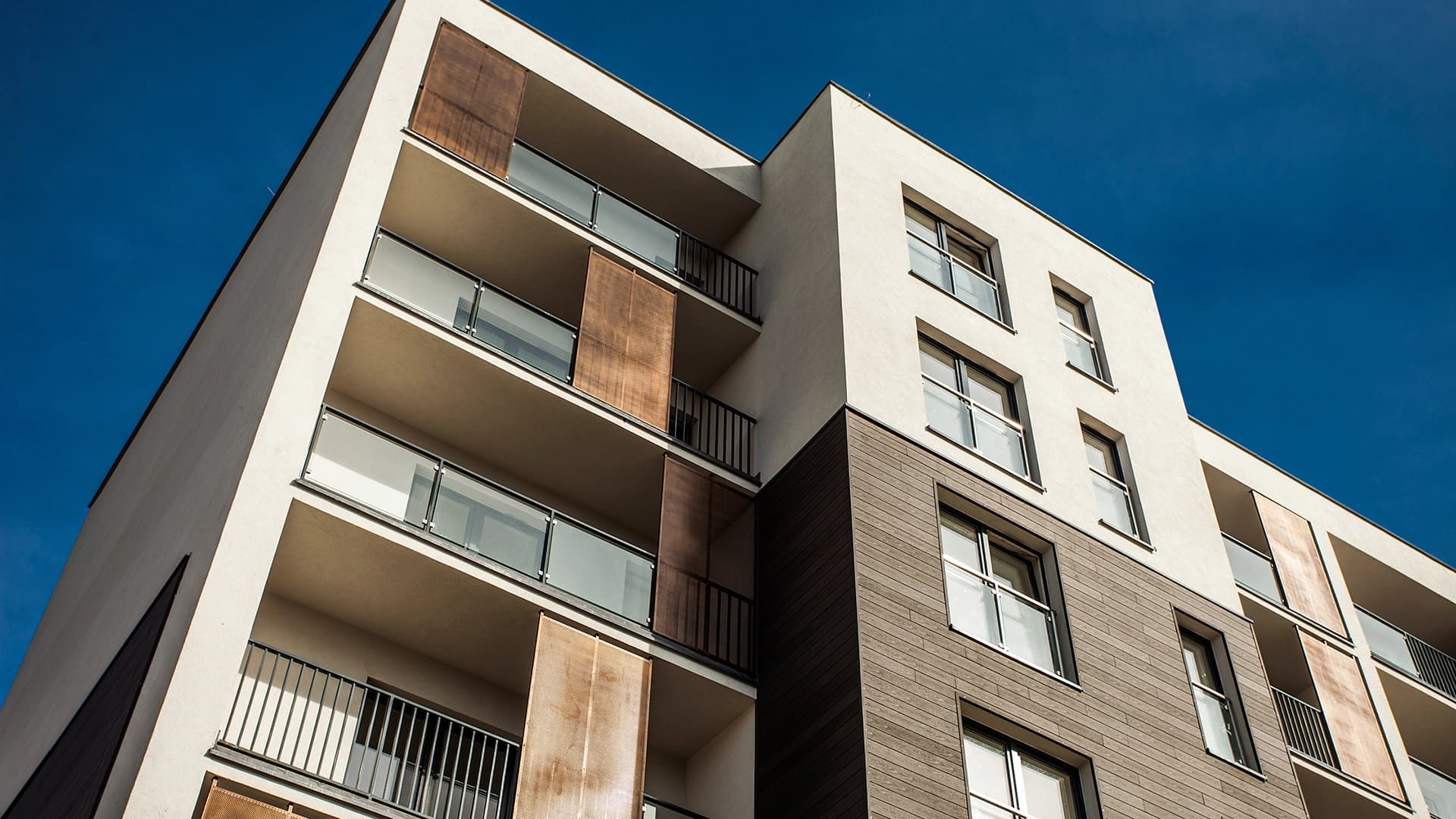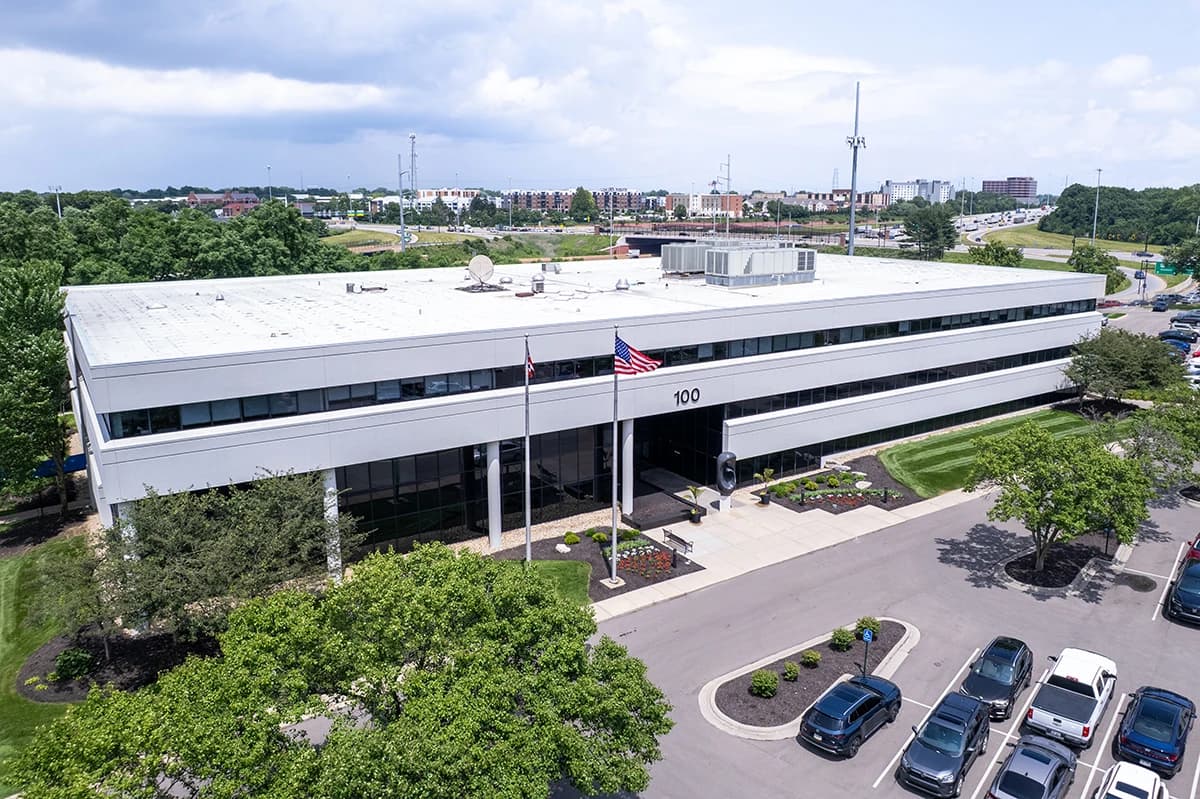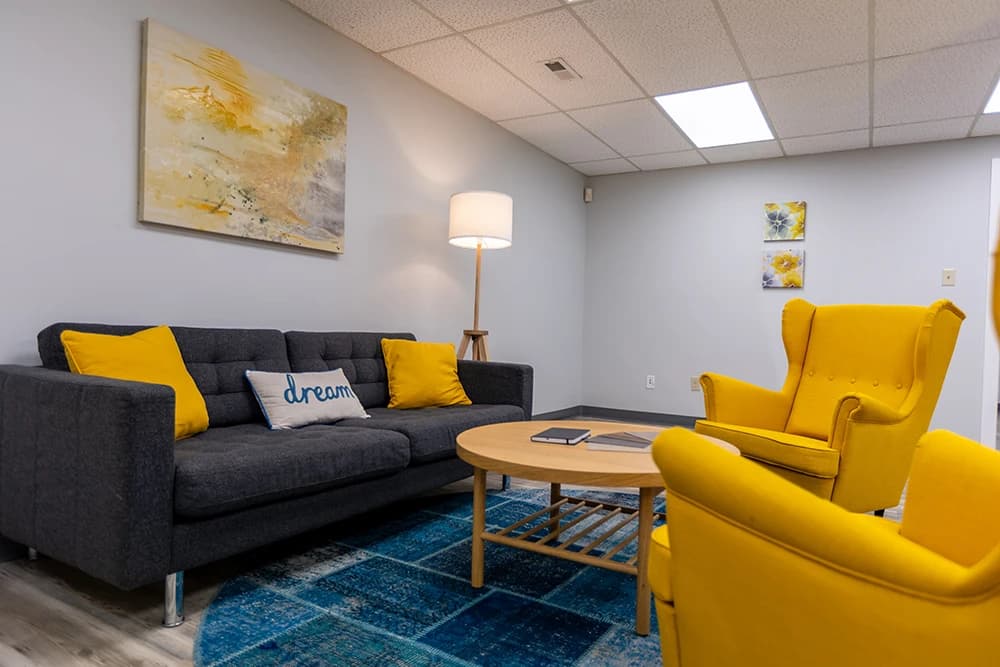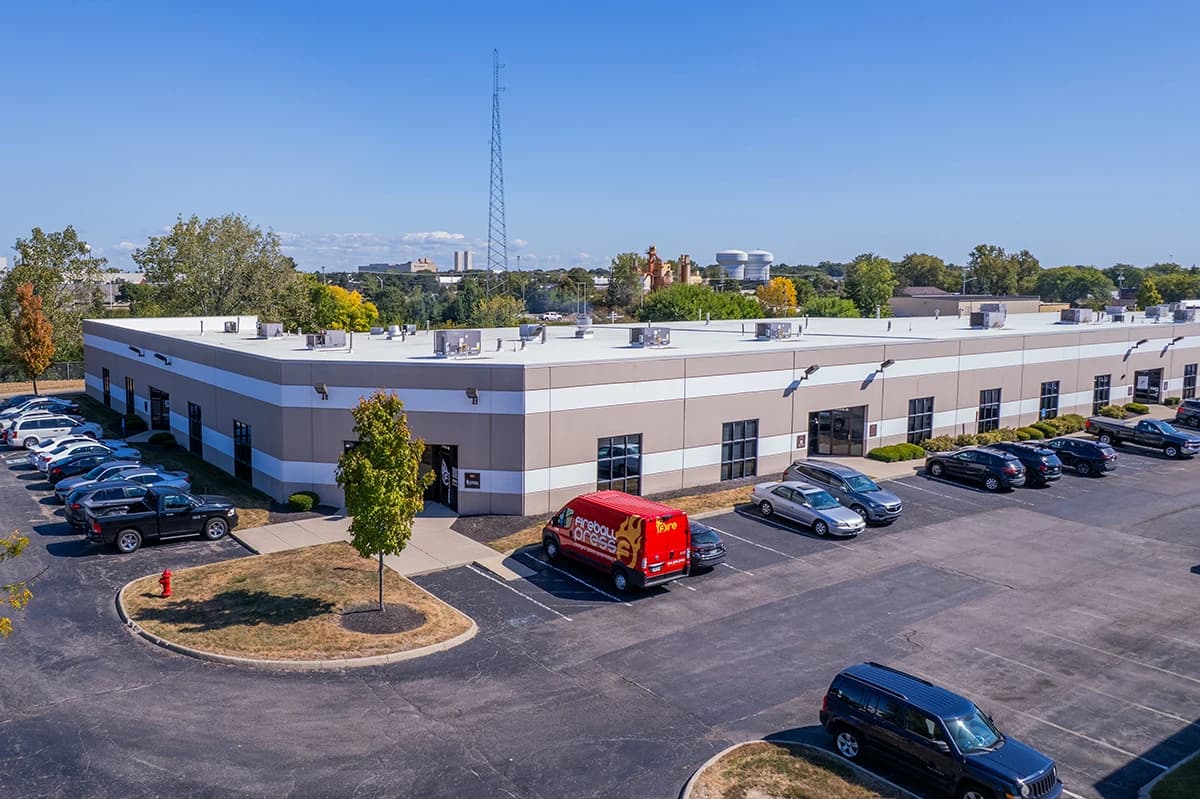Benefits of Leasing
Commercial Retail Space
A prime location attracts different tenants, some of whom may complement your operations and bring in more customers. There are rental retail properties in high-demand areas that are close to bustling centers of commerce and shops. Enjoy the perks of that proximity without worrying about the cost of ownership.
Capital Preservation
Buying a commercial space requires an upfront investment, including a down payment, closing costs, inspection fees and insurance. Leasing eliminates those expenses, so you can invest your capital into your business and customer relations. Typically, you’re only responsible for a security deposit and your first month’s rent when you lease retail property.
Capital Preservation
Capital Preservation
Buying a commercial space requires an upfront investment, including a down payment, closing costs, inspection fees and insurance. Leasing eliminates those expenses, so you can invest your capital into your business and customer relations. Typically, you’re only responsible for a security deposit and your first month’s rent when you lease retail property.
Liquidity
for Growth
Flexible cash flow helps you adapt to economic shifts and seasonal demands that affect your retail sector. The lower financial barrier provides you with more money for advertising, inventory, training and expansion. Since you aren’t responsible for mortgage payments or selling your property, you can quickly adapt your operations. That’s essential if you run a franchise and want to scale or want to move to a different region to test a new market.
Liquidity
for Growth
Liquidity
for Growth
Flexible cash flow helps you adapt to economic shifts and seasonal demands that affect your retail sector. The lower financial barrier provides you with more money for advertising, inventory, training and expansion. Since you aren’t responsible for mortgage payments or selling your property, you can quickly adapt your operations. That’s essential if you run a franchise and want to scale or want to move to a different region to test a new market.
Tenant Improvement Allowances
These financial incentives provide you with funds to improve your retail space, such as flooring, lighting, and HVAC upgrades. TI allowances also reduce your out-of-pocket expenses for custom items like signage and interior design elements that are specific to your company. Depending on the owner, you may be able to negotiate your TI funds in exchange for different lease terms.
Tenant Improvement Allowances
Tenant Improvement Allowances
These financial incentives provide you with funds to improve your retail space, such as flooring, lighting, and HVAC upgrades. TI allowances also reduce your out-of-pocket expenses for custom items like signage and interior design elements that are specific to your company. Depending on the owner, you may be able to negotiate your TI funds in exchange for different lease terms.
Is Leasing Retail Space
A Good Investment?
These financial incentives provide you with funds to improve your retail space, such as flooring, lighting, and HVAC upgrades. TI allowances also reduce your out-of-pocket expenses for custom items like signage and interior design elements that are specific to your company. Depending on the owner, you may be able to negotiate your TI funds in exchange for different lease terms.
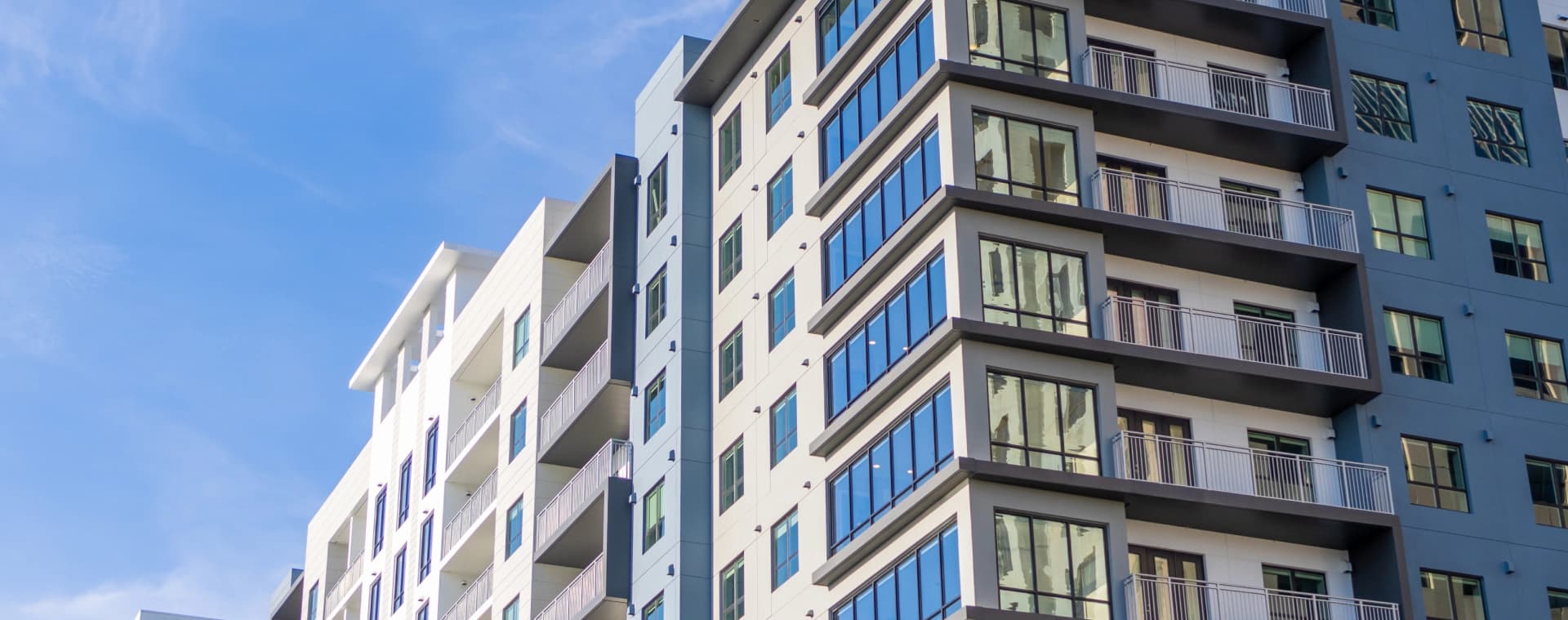
Frequently Asked
Questions
Whether you’re looking for a quick answer for more extensive insight, we have answers to common questions about commercial real estate brokerage services.
What are some common types of commercial retail properties?
Retail properties include:
- Strip malls
- Shopping centers
- Box stores
- Mixed-use developments
- Factory outlets
What costs are associated with leasing commercial retail space?
Rent is typically charged based on square footage and is structured based on your lease. You may have a fixed rate, a percentage threshold or an escalation clause. You will be responsible for a portion of the property taxes if you sign a triple net lease. Tenant insurance is another important expense that’s necessary to protect your assets, products and fixtures.
Are there risks associated with leasing retail space?
Your landlord or property owner may increase rent at regular intervals if you enter a contract with an escalation clause. Multi-year leases lock your business into a specific location, which isn’t ideal if you don’t plan to stay in one spot for an extended period. Breaking your lease early can result in costly termination fees, too.


